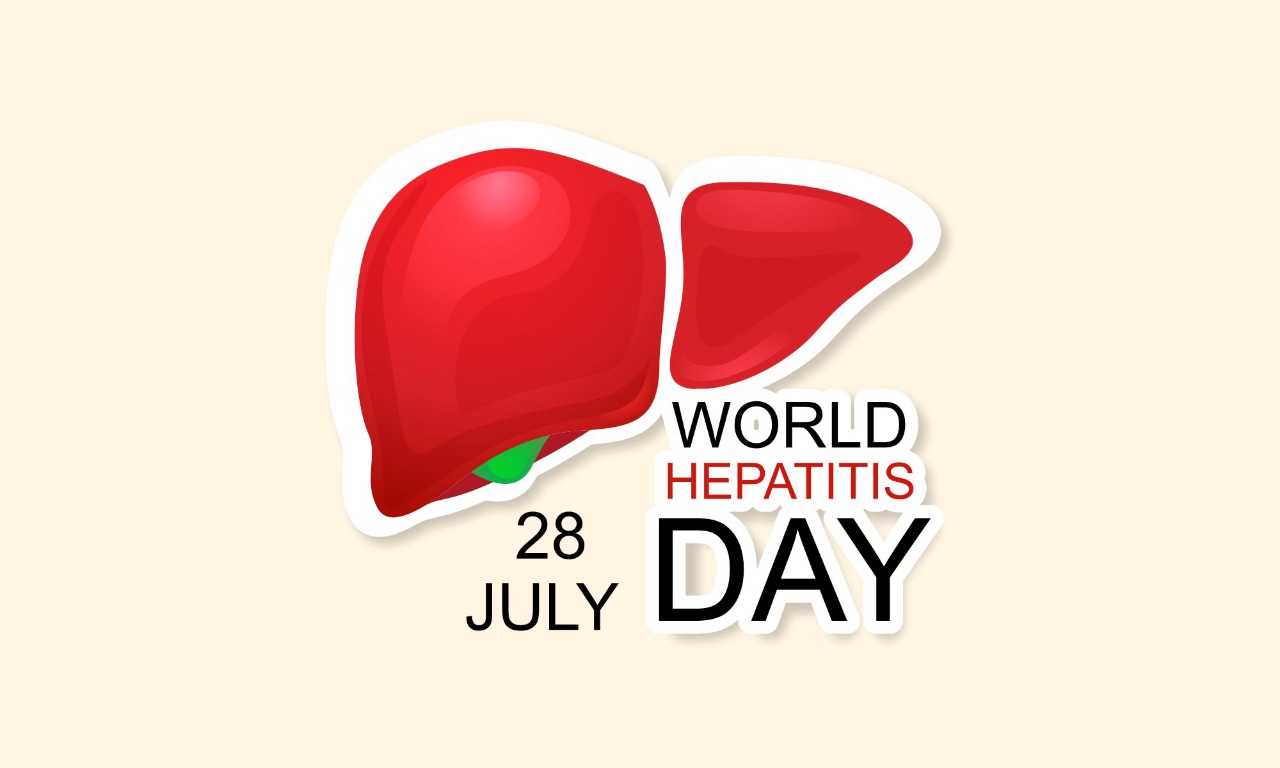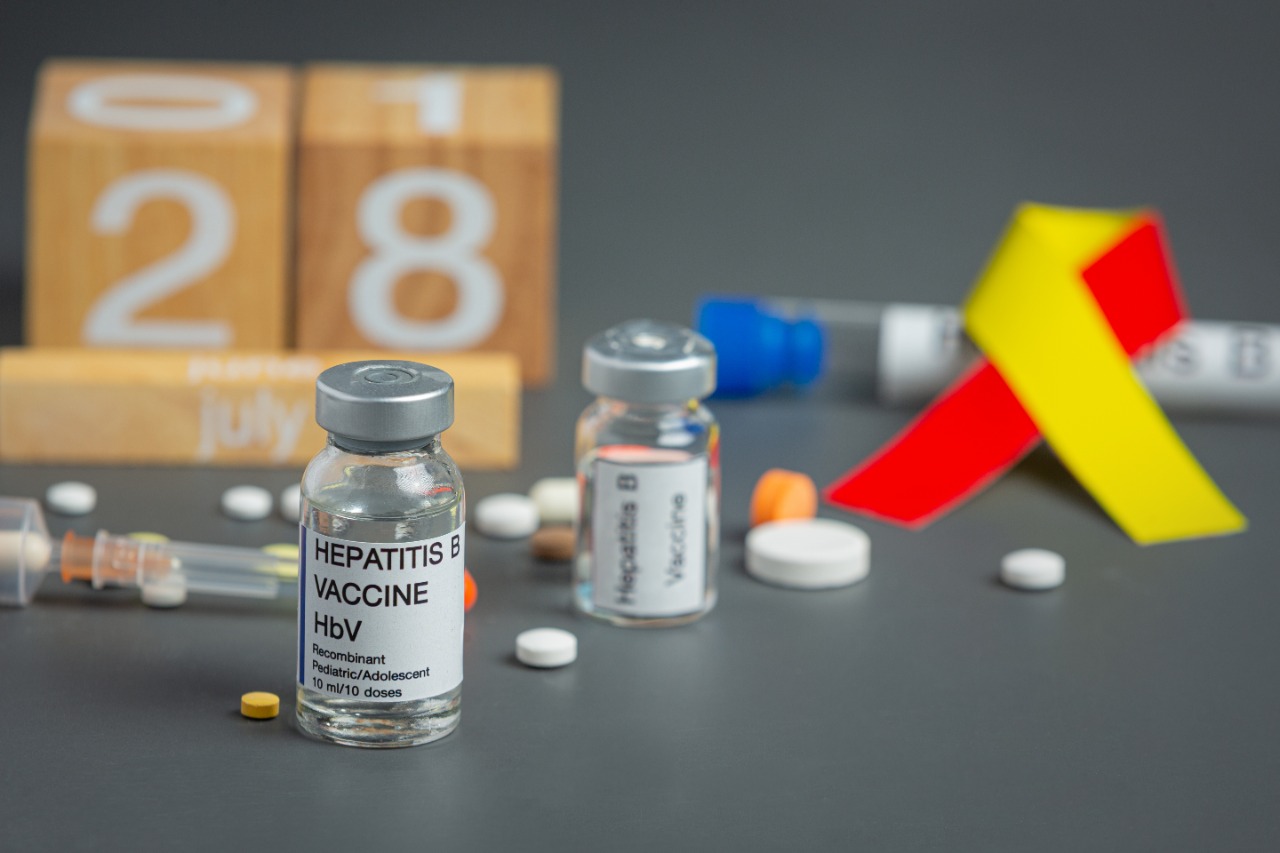World Hepatitis Day: 40 million Indians infected with viral disease; target is to eliminate Hepatitis C by 2030
Hepatitis claims about 250,000 lives in India every year. The government aims at nation-wide eradication of Hepatitis C by 2030. What are its symptoms? How does it spread? Is it curable? Details here.


World Hepatitis Day aims to raise global awareness of the viral disease. Photo: freepik.com
Observed on July 28, World Hepatitis Day aims to raise global awareness of the viral disease and encourage its prevention, diagnosis and treatment. Hepatitis is a group of infectious diseases known by its variants such as A, B, C, D, and E. Left untreated, hepatitis could cause liver cancer and even deaths.
According to the World Health Organization (WHO), about 40 million people were chronically infected with hepatitis B last year in 2020. Six million to 12 million people with hepatitis C were infected. The Indian Journal of Medical Research claims that about 250,000 people in the country die of viral hepatitis or its sequelae every year.
Today, as the country observes World Hepatitis Day, Union Health Minister Mansukh Mandviya addressed an event in coordination with the Institute of Liver and Biliary Sciences at the Parliament House.
“40 million people in India are suffering from Hepatitis. Together the government and our media as public representatives should spread awareness so that we can fight against this disease,” he stated.
Hepatitis — causes, symptoms, treatment
The viral disease spreads by ingesting contaminated food or water, use of contaminated needles, contaminated blood transfusion, tattoos, unsafe sex, and sharing toothbrush or razors.
Fatigue, loss of appetite, abdominal pain, jaundice, diarrhea, vomiting, and joint pain are the common symptoms of the viral disease.
Some types of hepatitis are preventable through vaccination. According to the WHO, there are no specific treatments for Hepatitis B virus and Hepatitis E virus and hospitalisation is not usually required. Hepatitis A virus (HAV) is most common in low-and middle-income countries (such as India) due to reduced access to clean and reliable water sources and the increased risk of contaminated food.

The public health body informs there is a safe and effective vaccine available to prevent hepatitis A. “Most HAV infections are mild, with the majority of people recovering fully and developing immunity to further infection. However, these infections can also rarely be severe and life threatening due to the risk of liver failure,” it says.
However, there is no vaccine for hepatitis C. However, antiviral medicines can cure more than 95 per cent of persons with hepatitis C infection, claims the public health body. This reduces the risk of death from cirrhosis and liver cancer, but access to diagnosis and treatment remains low.
Safe and effective vaccines are available to prevent Hepatitis B virus (HBV). This vaccine also prevents the development of Hepatitis D virus (HDV).
Two years back in 2018, the Indian government launched the National Viral Hepatitis Control Programme (NVHCP). The programme offers free screening, diagnosis as well as free drugs for treatment to the patients.

Hepatitis in India — the road ahead
The programme also aims at combating hepatitis and achieving nationwide elimination of Hepatitis C by 2030.
The World Health Alliance enlisted the broader aspects of the 2021 theme of ‘Hepatitis can’t wait’. It highlights that there are a number of viral hepatitis related actions that can’t wait such as testing for people who are living with viral hepatitis but are unaware of the disease and life-saving treatments for those diagnosed with Hepatitis, screening and treatment for pregnant women and birth vaccination dose for new-borns.
It also underlines the urgency of efforts needed to eliminate hepatitis as a public health threat by 2030.
World Hepatitis Day is observed on July 28 to mark the birth anniversary of Nobel prize-winning scientist Baruch Blumberg. The day recognises his discovery of the Hepatitis B virus (HBV). He also developed a diagnostic test and vaccine to treat this virus.

